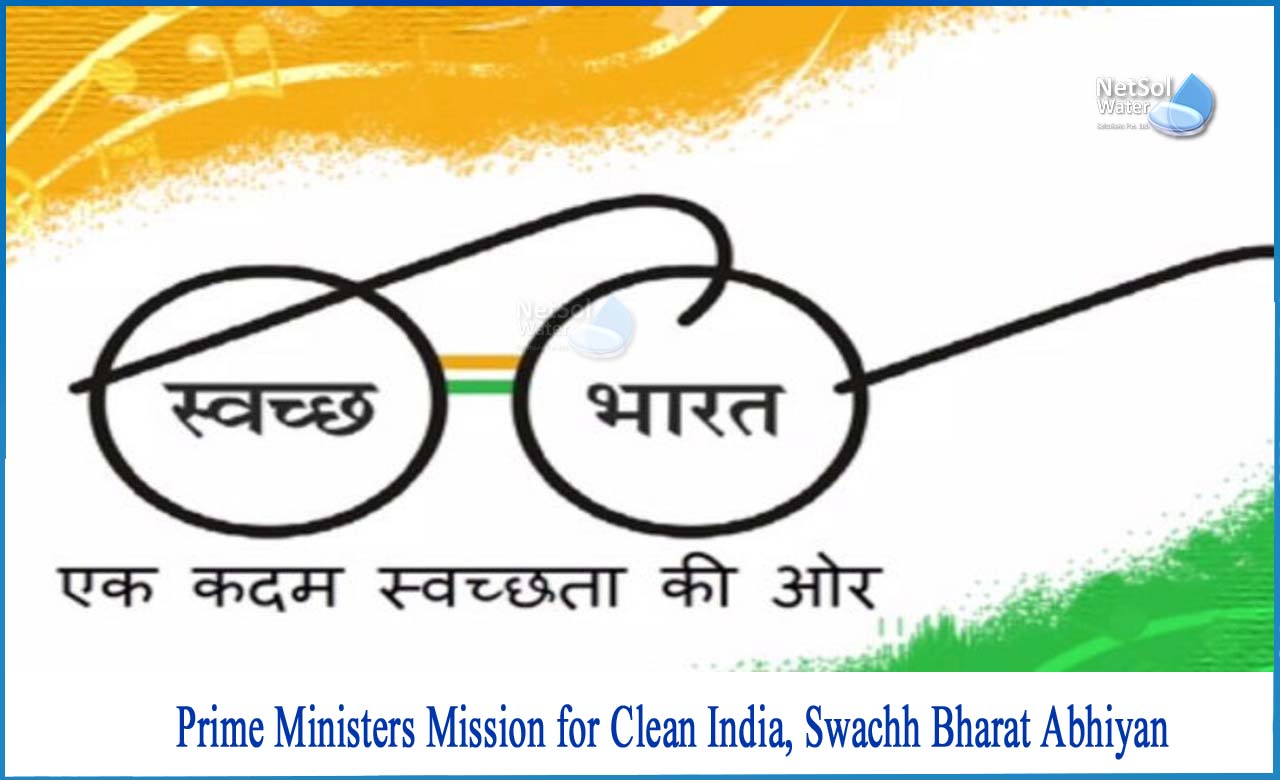Explain Prime Ministers Mission for Clean India?
“Swachh Bharat Abhiyaan”, which was launched in 2014 with the Prime Minister's personal leadership, has been essential in transforming India's sanitation scenario. India, which used to bear half of the world's burden of open defecation, much worse than impoverished nations like Rwanda, Kenya, Bangladesh, and Pakistan, is now officially open defecation-free (ODF).
SBM-Gramin has transformed the sanitation behaviours of almost 600 million people who have begun to use toilets.
The influence of SBM-G is undeniable
According to the World Health Organization, the campaign helped avoid more than 3,000,000 deaths between 2014 and 2019. SBM-G, more than anything else, is a behaviour modification program that is saving lives, preserving dignity, and assisting families in Open Defecation Free (ODF) communities in saving a significant amount of money spent on medical illnesses like as diarrhoea and malnutrition caused by open defecation.
UNICEF also determined that ODF settlements have 11.25 times less odds of groundwater pollution.
SBM-mission Goal's
The goal of the Swachh Bharat Mission – Urban was not only to eliminate open defecation in urban India, but also to scientifically manage municipal garbage and fully eliminate manual scavenging.
The seemingly unattainable objective of establishing India ODF (Open Defecation Free) has been achieved. It is a significant achievement, but additional effort is required to ensure the mission's success. ODF-Sustainability is a problem on par with, if not greater than, making India ODF. The second phase of the mission should concentrate on improving public health and municipal administration at the grassroots level.
Improper trash disposal
There are a number of waste management bottlenecks in both rural and urban settings. Building toilets without long-term waste management techniques results in the toilets being obsolete.
There are other concerns such as a shortage of water, a lack of knowledge, and infrastructure deficiencies. This opens the door to a slew of issues, including the spread of illness.The outbreak of disease is also connected to open defecation and inappropriate disposal of untreated human waste.
Improper septic tank maintenance in community toilets causes sludge build-up and unpleasant odour emission in the urban landscape.
Currently, vacuum suctioning trucks are used to pump away the collected muck. However, because to the congested placement of these toilets in cities, these vehicles are frequently unable to physically access them. As a result, latrines are abandoned.
In rural locations, septic tanks are frequently built with insufficient chambers or soak pits, resulting in untreated black water seeping into groundwater systems and polluting them with disease-causing bacteria.While the quantity of toilets being installed is excellent, promoting behavioural change and complete planning at the time of installation are neglected.
The purpose of the Swachh Bharat Mission was matched with the global sustainable development agenda 2030, which intended to achieve equal hygiene and sanitation.
Swachh Bharat, or Clean India, must now progress to Swasth Bharat, or Healthy India. Malaria and diarrhoea cases in young children have already decreased, and UNICEF research found that soil, water, and food contamination has decreased following SBM. While toilet construction has been completed promptly, solid waste management, the program's second component, has been slightly disregarded.
There has to be a rallying cry for long-term in-place treatment and maintenance technology that can address these concerns. In situ water treatment, also known as direct dosing water treatment, involves directly mixing chemicals into the water body rather than treating the water by pumping it through a treatment facility.
Less than 30% of the 150,000 tonnes of municipal trash generated in India each day is handled. Waste management, wastewater treatment, faecal sludge management, and other ancillary components must be managed efficiently in order to sustain the sanitation ecosystem.
Conclusion
The sustainability narrative has various gaps that must be filled in order to attain optimal hygiene and health and to ensure that SBM assets remain functional and well maintained.Only then would India be able to shift seamlessly into ODF+ and, eventually, ODF++ status.
Netsol Water has aligned with the nation's goal of achieving ODF++ certification. We will continue to collaborate with people, municipalities, non-governmental organizations (NGOs), corporations, and governments to ensure that technology reaches those who need it the most because we believe in “Clean India Mission”.
Netsol Water is Greater Noida-based leading water & wastewater treatment plant manufacturer. We are industry's most demanding company based on client review and work quality. We are known as best commercial RO plant manufacturers, industrial RO plant manufacturer, sewage treatment plant manufacturer, Water Softener Plant Manufacturers and effluent treatment plant manufacturers. Apart from this 24x7 customer support is our USP. Call on +91-9650608473, or write us at enquiry@netsolwater.com for any support, inquiry or product-purchase related query.



